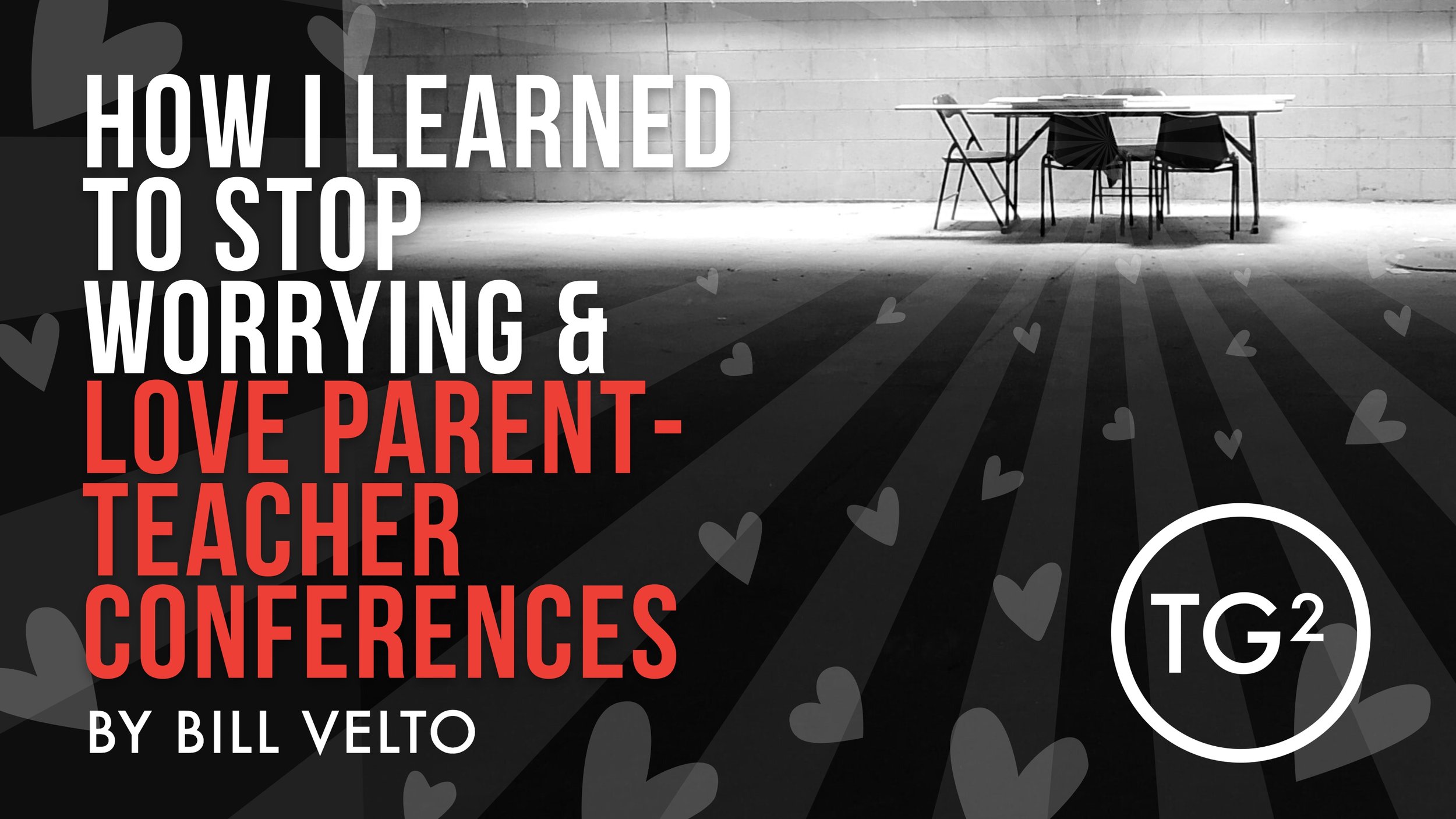Different Is Not Deficient
We may not be responsible for the inequities our students have faced before they met us, but they are in our care now—and we have agency over the state of equity in our classrooms. This systemic inequity is reason to not only question the status quo, but undo the harm associated with traditional assessment and teaching methods.
Humanizing Assessment through Culturally Responsive Objectives
Assistant Professor of ELA Education, Karis Jones, shares tips and techniques for how teachers can align their assessment practices with Muhammad’s CHRE (Culturally & Historically Responsive Education) Framework: Identity, Skills, Intellect, Criticality, and Joy.
How Identities Impact Our Pedagogical Practices
Progressive pedagogical practices come at the greatest risk for those who would have most benefit from empowering educational structures. Liz Norell, explains why those with more privileged identities must leverage their identity, positionality, and privilege in creating more inclusive learning environments.
Centering Joy in the Classroom w/Liz Norell
How can we make classrooms more inclusive, engaging, exciting, relevant, and welcoming spaces for learning? Political science professor, Liz Norell, shows how, by embracing pedagogies of equity and care, we can create environments in which all students can flourish.
A Womanist Approach to Care-full Feedback
Scholars Ameena L. Payne and Jan McArthur propose womanist thought as a praxis that re-positions feedback as a care-full process embracing the emotional, moral, and political as well as one that leans into accountability, compassion, confidence, courage, joy, and vulnerability.
No Longer a Data Entry Clerk
Prior to going gradeless, math teacher Andrew Burnett felt like a “data entry clerk posing as a teacher.” Now, he has ditched the data entry in favor of meaningful and timely feedback. This shift has led to greater personal satisfaction and a marked improvement in his students’ ability to understand concepts as well as to retain that understanding.
10 Tips for Offering Excellent Feedback
Feedback is teaching—an opportunity to foster student growth. Whether we are looking to prevent mistakes from becoming ingrained or to build on skills students already have, feedback provides the learner an opportunity to grow in their awareness of learning standards.
Who’s Afraid of ChatGPT?
Who’s afraid of ChatGPT? Martin Compton argues that the machines should herald a dawn of teaching where we can realize a more humanized, compassionate, inclusive, process-focused approach to teaching, learning, assessment and feedback.
Capturing Learning as It Happens w/Mike Rutherford
Student learning lives in the back and forth interactions between students and teachers. Mike Rutherford designed gotLearning to better capture these stories in his own classroom, providing one place communicate and document student learning.
Can Standards-based Grading Grade Less?
Most would consider standards-based grading part of the gradeless continuum. But it has been easier to help people grade less in a traditionally graded system than in a standards-based one. Finding ways to address the ways in which SBG can become unmanageable is well worth our collective efforts.
There’s No One Right Way to Ungrade!
Lisa Wennerth, welcomes four trailblazing educators, whose article “Why There Isn’t One ‘Right Way’ to Practice Ungrading” posits ungrading as a fundamentally open, welcoming, and responsive practice for all—not just the elite few.
How I Learned to Stop Worrying and Love Parent-Teacher Conferences
Bill Velto recounts how, in shifting toward a gradeless environment, students grew in their ability to articulate their learning, and how that learning related to their grade. Conferences came to resemble discussions around the dining table, rather than the combative confrontations that had occurred in the past.












